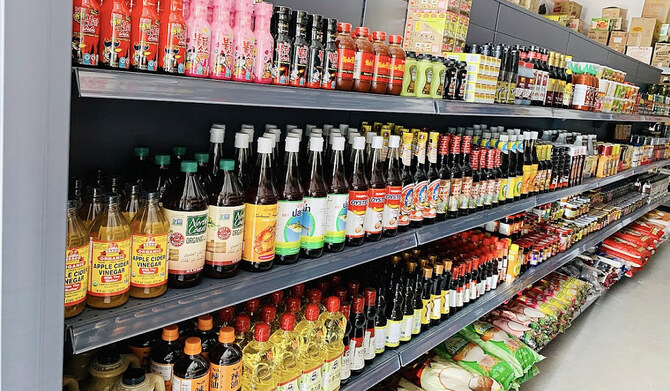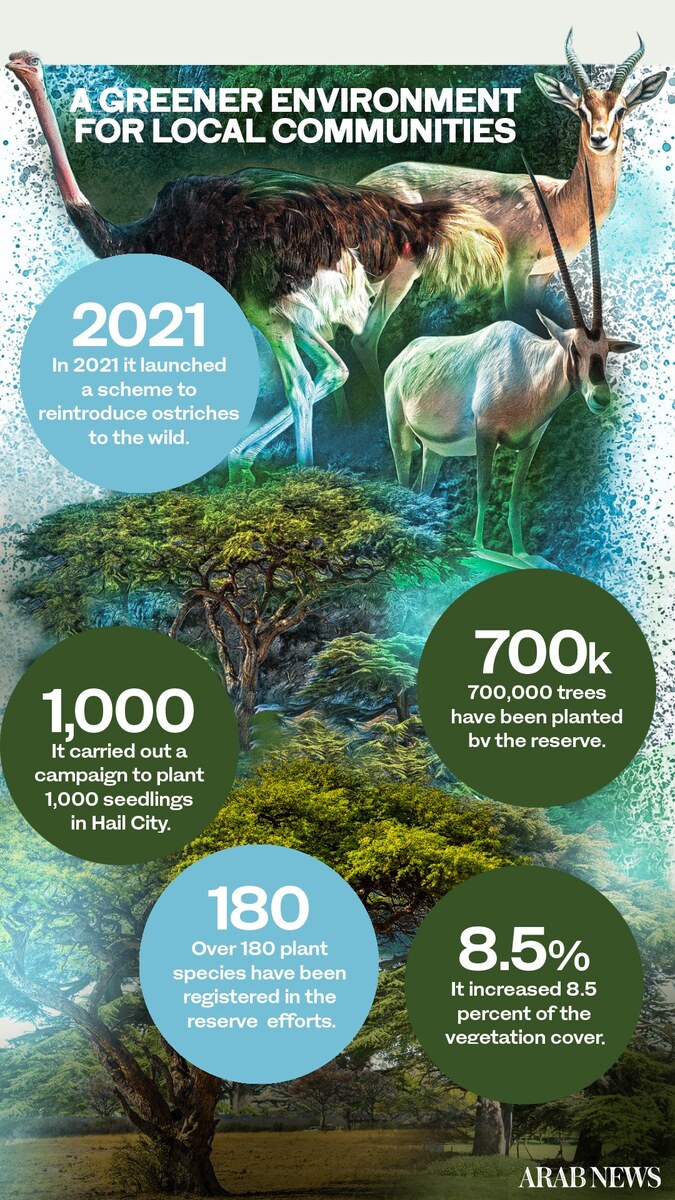AL-DHAHRAN: Innovation in manufacturing and communication are the focus on Thursday and Friday at the second weekend of Tanween by Ithra, a 17-day gathering of the brightest and most creative minds in Saudi Arabia.
Following the overwhelming turnout of students and professionals from all over the Kingdom at the launch weekend, the Creativity Season’s second weeke program focuses on manufacturing and communication and is designed for Saudis to be inspired by influential speakers from around the world, engage in hands-on futuristic workshops, as well as be creative by transforming their ideas to reality.
The Tanween Talks will introduce bold, innovative concepts and trends from artificial intelligence, robotics and virtual media. Science and fiction come together in presentations from biodesign pioneer and STEM innovator Natsai Chieza; and Professor Manfred Hild, a global research leader in humanoid robotics. Workshops including “Future as Big as Your Imagination” and “Saudi After Oil” will further provoke, stimulate and prepare audiences for a rapidly evolving future, as the impact of technology takes effect. The weekend will also present visitors with the one-of-a-kind opportunity to be a creative entrepreneur and turn their ideas into reality with the “Design, Manufacture and Go to Market” workshop.
Family-friendly shows, exhibits and installations featuring future technologies will run the duration of the Creativity Season. Slava’s Snow Show, an award-winning Russian theatrical performance combining pathos and comedy for all ages will round off the weekend that will also feature performances such as Bamboo Nonsense Instrumental Show and Project 2, a live spontaneous science fiction theater.
Site-specific installations such as “Sketch Aquarium” at the Children’s Museum will pop up as part of the Creativity Season, presenting visitors of all age groups a unique opportunity to interact, observe and enjoy the works of art that have been curated to celebrate the first edition.
At Ithra’s Great Hall, 25 outstanding examples of work from the world of art, technology, science and fashion — including a Tilt Brush interactive experience by Google, Studio Drift’s free-floating concrete monolith Drifter and Studio Swine’s multi-sensory waterfall — will offer fresh insights into contemporary design, encouraging visitors to explore new possibilities and discover new perspectives.
The second week will also see a colorful celebration of daytime fireworks on Friday at 4.00pm. The event will be open for public free of charge and will take place at Ithra Lush Gardens.
Tickets & Pricing
Tanween Talks
Tickets to Tanween Talks are priced at SAR 35 for a day pass allowing ticket holders to attend an unlimited number of talks on the day. Tanween Talks attendees must be at least 14-years-old.
Tanween Exhibits
Day pass tickets to ‘Sense and Sensibility’ Exhibit in the Great Hall are priced at SAR 25 for adults and SAR 15 for children. Museum tickets are priced at SAR 35 for adults and SAR 10 for children. A Tanween Exhibits Ticket provides visitors access to both the Great Hall and the Museum at SAR 50 for adults and SAR 25 for children.
Workshops
Workshops are categorized as Inspire, Enthusiast and Premium.
Inspire workshops are free.
Enthusiast workshops are priced at SAR 100 per workshop.
Premium workshops are priced at SAR 200 per workshop.
Workshop attendees must be at least 16-years-old.
Special workshops for children between 6- and 10-years are available. Please refer to www.ithra.com for more information.
Children’s Museum
Tickets to the Children’s Museum are priced at SAR 55 for children and SAR 20 for adults.






































